Mönchengladbach
Badge
 User Rating
User Rating![]() (0 users)
(0 users)
Head Coach
None Found...
Add new Player with 'Manager' position
League Position
12
Recent League Form ➡
Established
1900 (124 years old)
Sport
Stadium/Home
Borussia-Park
(54,057 Capacity)
Jersey or Equipment Clearart

Primary Colours
#000000
#FFFFFF
Location
Mönchengladbach, Germany
Nicknames
Die Fohlen
Competitions
German Bundesliga
DFB-Pokal
Last Edit
smudgie: 09/Mar/24

Upcoming
Available in:
Il Borussia[1] Verein für Leibesübungen 1900 Mönchengladbach e.V., noto internazionalmente come Borussia Mönchengladbach (IPA: [boˈʁʊsi̯a mœnçn̩ˈɡlatbax], pronuncia[?·info]), abbreviato in Borussia M'Gladbach o Gladbach, e talvolta, per ragioni di grafica televisiva, anche in Borussia MGB, è una società polisportiva tedesca di Mönchengladbach nota al grande pubblico internazionale per la sua sezione calcistica, tra le più blasonate di tutta la Germania. È, infatti, l'unica squadra tedesca assieme al Borussia Dortmund che può esporre sulla propria tenuta ufficiale due stelle (conferite dalla DFB alla vittoria della quinta Bundesliga), in questo seconda solo al Bayern Monaco, che ne vanta quattro.[2]
Fondata nel 1900, giocò a lungo nei campionati minori e ottenne il suo primo successo nel 1960 conquistando la Coppa di Germania. Conobbe il suo massimo splendore negli anni settanta, quando insieme al Bayern dominò la scena nazionale ed europea vincendo cinque campionati tedeschi, una Coppa di Germania e due Coppe UEFA. Artefici di questi successi furono l'allenatore Hennes Weisweiler e la sua squadra formata da giovani fuoriclasse, per questo motivo chiamata Fohlen-Elf ("La Squadra dei Puledri"), in grado di esprimere un nuovo calcio altamente spettacolare e spiccatamente offensivo.[3]
Dopo questo periodo d'oro iniziò un lento declino. Il Borussia continuò a stazionare nelle posizioni di vertice in campionato e a ben figurare nelle coppe europee, ma dovette attendere il 1995 per un nuovo successo, la vittoria della terza Coppa di Germania. Questo fu l'unico acuto in anni difficili, in cui una profonda crisi societaria portò la squadra ad occupare stabilmente le zone basse della classifica e a retrocedere per due volte in Zweite Bundesliga, al termine delle stagioni 1998-99 e 2006-07.
La sezione calcistica dell'associazione sportiva non è gestita direttamente dalla dirigenza di quest'ultima, ma il suo controllo è affidato ad una società di capitali, il Borussia VfL 1900 Mönchengladbach GmbH. Oltre a questa la società comprende settori dedicati alla pallamano e al tennistavolo.[4] Il Borussia Mönchengladbach ha anche una squadra femminile, che ha giocato in Frauen-Bundesliga nella stagione 2018-2019.![]()
![]()
Stadium or Home

Borussia-Park (official name "Stadion im Borussia-Park") in Mönchengladbach, North Rhine-Westphalia, Germany is the home stadium of German Bundesliga club Borussia Mönchengladbach. It replaced the smaller Bökelberg stadium, which no longer satisfied modern safety standards and international requirements, in July 2004.
Borussia-Park has a capacity of up to 54,057, of which 16,145 are standing-room only due to popular demand. For international games, the standing room is converted into temporary seating for a total seating capacity of 46,249.
The new stadium features amenities such as VIP lounges, fanshop and sports bar, and cost 85 million euro to construct.
Despite its large capacity and relative youth, the stadium missed out on holding matches during the 2006 World Cup, which Germany hosted. It was the largest capacity Bundesliga stadium to do so.
Trophies
Fanart
Banner

Other Links
|
|
|
Website |
|
Youtube |
 31
31 4
4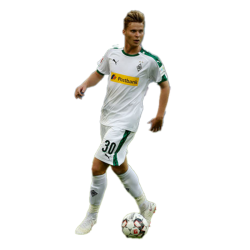 30
30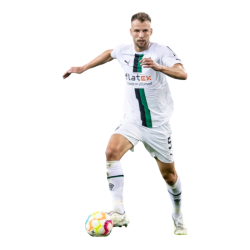 5
5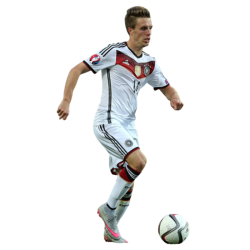 7
7 7
7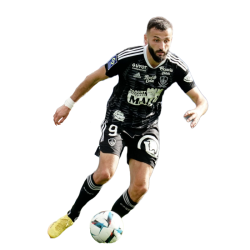 9
9 3
3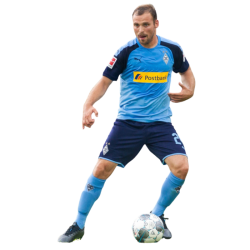 24
24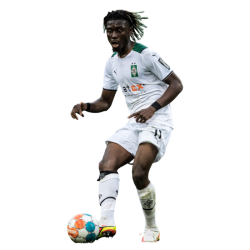 17
17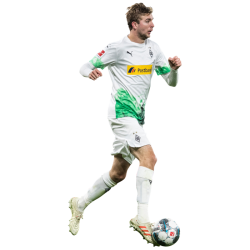 6
6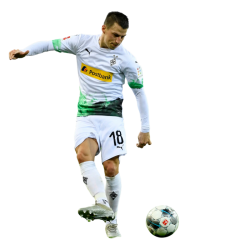 18
18 19
19 20
20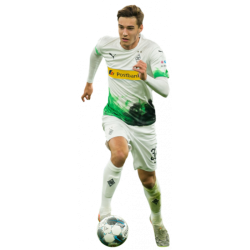 32
32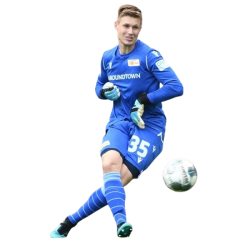 33
33 34
34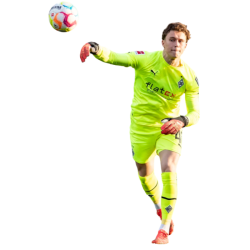 41
41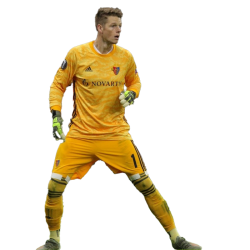 1
1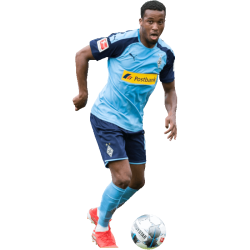 14
14 27
27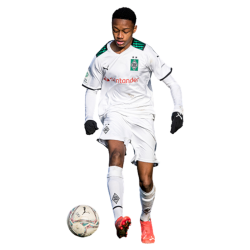 38
38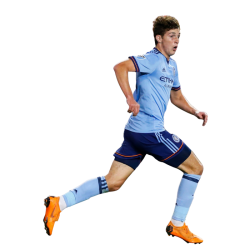 29
29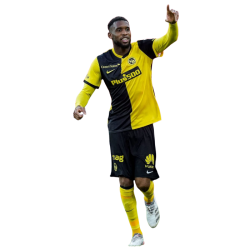 13
13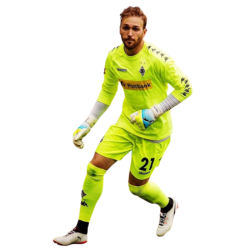 21
21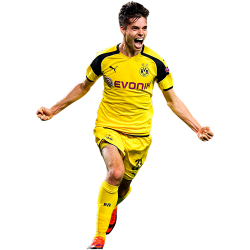 8
8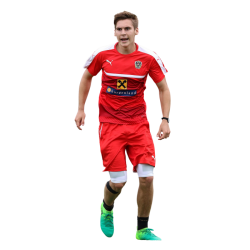 39
39